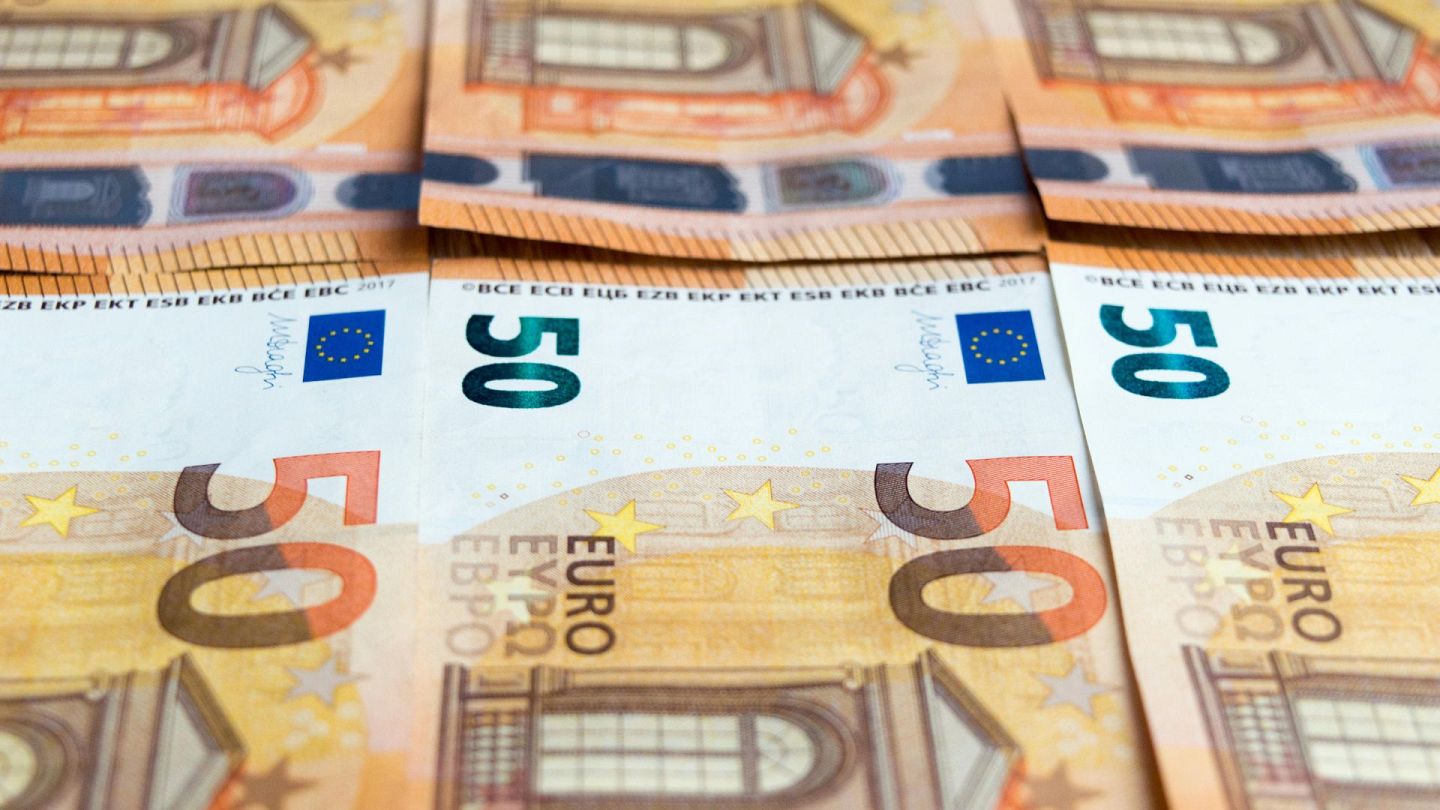Is Spain banning the use of 50 euro banknotes?
The claims seem to feed a general disinformation that European countries are trying to eliminate cash. Following reports that Spain would withdraw the 50 euro banknote, the number of people claiming that the end of this banknote is near is also increasing on the internet. An article stated that the days of the banknote are numbered and that it would be withdrawn in April, suggesting that there would be no turning back. Although the article has since been removed, rumors had already spread, causing panic over the possibility that thousands of citizens would be negatively affected if the banknote were to be withdrawn. However, the claims that the 50 euro banknote will be withdrawn are not true. The Bank of Spain denied the circulating claims by stating that no decision had been made to withdraw any banknote, that all banknotes can continue to be used normally, and that none will lose their value. The bank explained where the confusion might have originated: "As part of daily operations, the authenticity and condition of banknotes returned by financial institutions are routinely checked." While banknotes and coins that are not in good condition are withdrawn, destroyed, and replaced with new ones, those in good condition are reintroduced into circulation. The Bank of Spain emphasized that this process is carried out not only for 50 euro banknotes but for all banknotes, stating that even if a banknote is damaged, it does not lose its value and can be exchanged for a new one. In its statement, the bank included, "One reason for trying to keep banknotes in a usable condition is that security features can be easily checked. Although banknotes are produced to ensure their durability, they often deteriorate due to regular use." EuroVerify reached out to the Bank of Spain for further comments, but the bank referred to its official statement. In fact, other media outlets also published news stating that instead of a complete ban on 50 euro banknotes, only some would be withdrawn from circulation and explained how old or damaged banknotes could be exchanged. Similar false claims are circulating in Italy, specifically alleging that the European Central Bank (ECB) will ban 50 euro banknotes in April as part of its strategy to combat money laundering and the financing of terrorism. However, Italian fact-checkers have already debunked these rumors, stating that neither the ECB nor the Bank of Italy has made such a decision. The ECB made the following statement to EuroVerify: "Neither the Bank of Spain nor other central banks in the euro area have ordered the withdrawal of any banknote or coin. All euro banknotes are retaining their value and continue to remain in circulation." Rumors about the withdrawal of banknotes are part of a broader disinformation narrative suggesting that European countries are trying to eliminate cash and replace it with a digital euro. Some argue that this would allow authorities to gain control over citizens' money, enabling them to block transactions and monitor spending. However, the ECB and other European central banks reiterated that any digital currency will not replace cash, but will only serve as a complementary element. How does routine banknote exchange enhance financial security? Experts told EuroVerify that it is entirely normal for financial institutions to withdraw and destroy old or damaged banknotes to prevent criminal activities. Rainer Böhme, a professor of security and privacy at the University of Innsbruck in Austria, said, "Regularly updating banknotes and security measures is a common practice among all central banks. In the Eurosystem, old banknotes are still valid means of payment. There is no need to change money kept under the mattress." Rainer Böhme commented, "As far as I know, all commercial banks do this before loading money into ATMs. Which banknotes will be prioritized for exchange depends on the trends observed in counterfeiting." According to Michael Levi, a professor of criminology at Cardiff University in the UK, the reason 50 euro banknotes are more susceptible to manipulation is that it is easier for criminals to make transactions in large amounts. Michael Levi stated, "Clearly, the higher the denomination of the banknote, the easier it is for criminals to store them since they take up less space and weight relative to their value, but since many drug buyers tend not to have 50 euro banknotes, they will have to exchange lower denomination banknotes for 50s." Levi noted that in some countries, banknotes above 50 euros could be suspicious and difficult to exchange, adding, "Perhaps it is harder to verify the authenticity of damaged 50 euro banknotes, and they are more difficult for automatic machines to analyze, or they may deteriorate more easily due to the lifestyles of street criminals."


